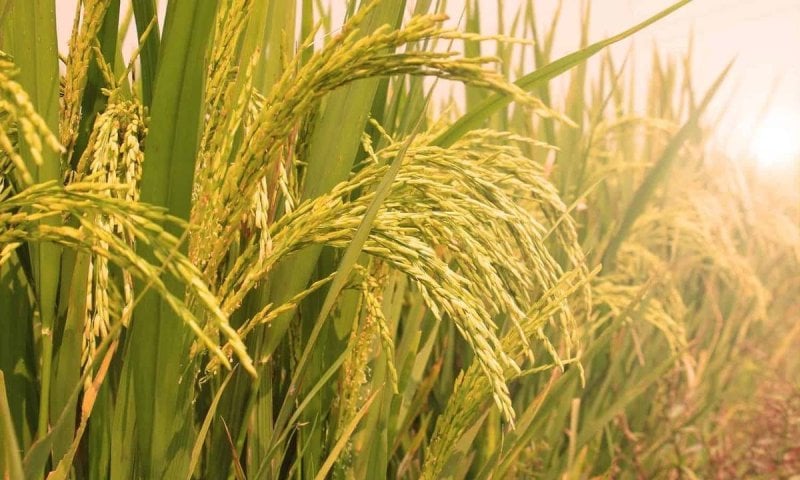Tags
Time to go after rice cartels, agriculture activist tells govt.
Coordinator for the Food Sovereignty Forum Nur Fitri Amir says the Malaysia Competition Commission should be empowered to investigate claims of rice cartels fixing prices.

Coordinator for the Food Sovereignty Forum Nur Fitri Amir said an investigation is crucial after Pertubuhan Persaudaraan Pesawah Malaysia claimed cartels were responsible for fixing prices for the purchase of rice from farmers.
PETALING JAYA: After Malaysia Competition Commission’s (MyCC) fined five companies for colluding to fix chicken feed prices, an agricultural activist has now called for a probe into allegations on rice cartels.
Coordinator for the Food Sovereignty Forum Nur Fitri Amir said it was crucial to investigate claims by Pertubuhan Persaudaraan Pesawah Malaysia that cartels were responsible for fixing the price of rice purchased from farmers, which recently saw a sudden drop to RM1,200 per tonne.
Previously, agriculture and food security minister Mohamad Sabu said farmers were receiving RM1,700 per tonne of rice sold, as the government continued to provide them a RM500 subsidy for each tonne.
“Give MyCC greater authority to investigate whether such cartels exist.
“It is understood that these rice cartels are hiding behind the Control of Padi and Rice Act 1994 and Bernas’s monopoly agreement to escape enforcement,” Fitri told FMT, adding that MyCC should launch a probe into the matter.
The issue surrounding the fixing of the purchase price is among the latest threats to the country’s supply chain of the staple food, aside from the unresolved issue of “missing” local white rice (BPT) in the market.
Previously, Berita Harian reported that Mohamad suspected manipulation in the supply of local white rice by changing its packaging to show it was imported rice.
According to him, this action is believed to have been taken by a few irresponsible parties to gain easy profits as imported rice costs more.
Last Friday, MyCC imposed a RM415.5 million fine on five companies found violating Section 4 of the Competition Act 2010 by forming a chicken feed cartel. It found that these companies blamed rising chicken feed costs on the increased price of raw materials.
The companies were Leong Hup Feedmill (M) Sdn Bhd, FFM Berhad, Gold Coin Feedmills (M) Sdn Bhd, Dindings Poultry Development Centre Sdn Bhd and PK Agro-Industrial Products (M) Sdn Bhd.
Fitri said the presence of a cartel within an industry can be detected when there are frequent incidences of inadequate supply in the market, even though the item is considered an essential commodity.
“There would be sudden fluctuations in the market to increase prices, even though it is a basic and common item,” he said, adding that cartels also impose restrictions and form alliances that make it difficult for new players to enter the market.
He also said that price discrimination and unreasonable contracts further complicated the rice supply chain.
https://www.freemalaysiatoday.com/category/nation/2023/12/25/time-to-go-after-rice-cartels-agriculture-activist-tells-govt/Published Date: December 25, 2023






